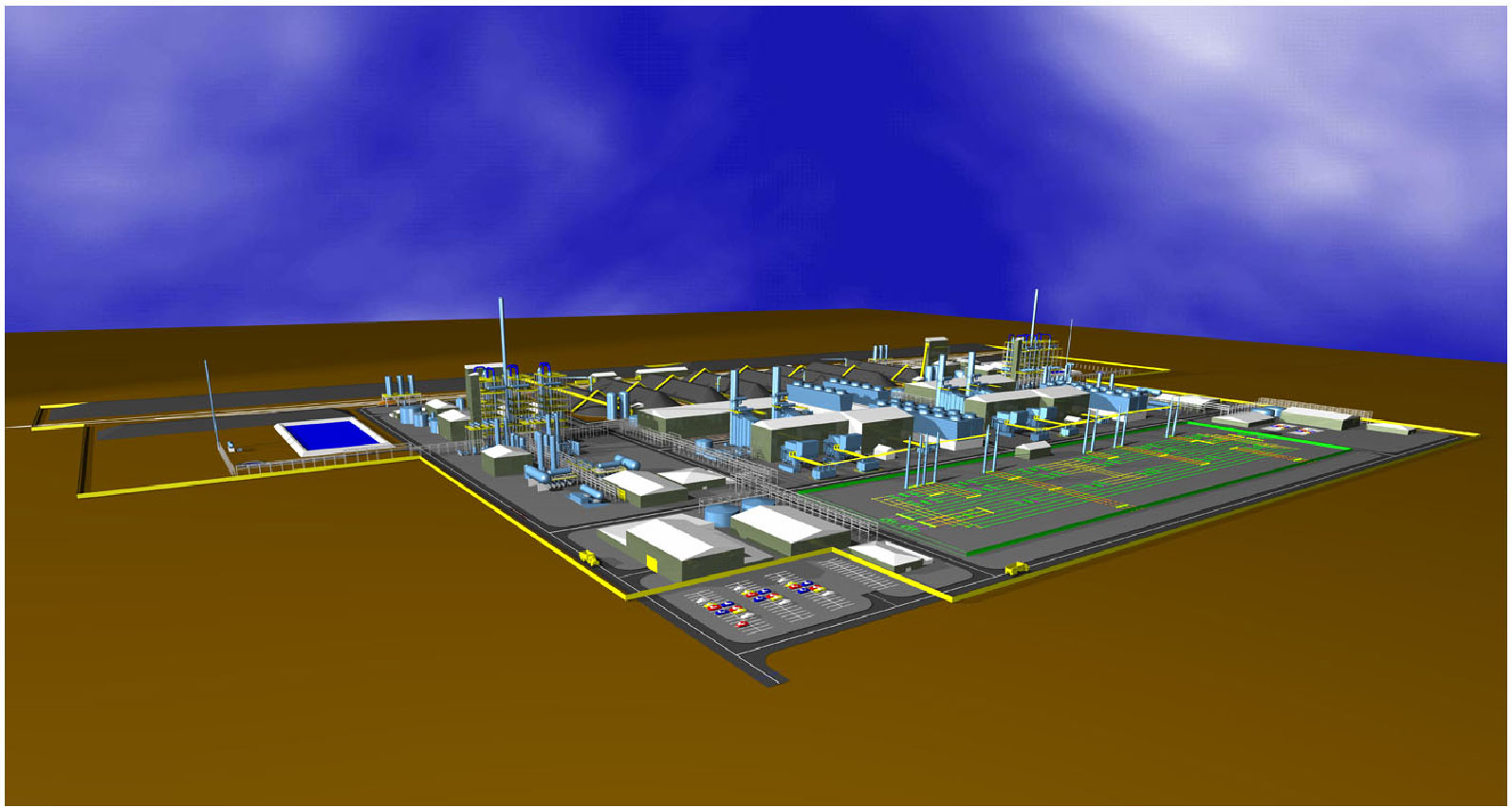More Mesaba news
April 15th, 2006

Trout Lake Township has invited an Excelsior Energy rep to make a presentation about infrastructure that is planned to go through the township, pipeline and transmission. Residents have learned about it and aren’t too happy and need more information. See ya there!
Thursday April 20, 2006
Trout Lake Town Hall on Co. Rd. 10
7 p.m. or earlier if they finish with township business
For more Mesaba information, go to www.mncoalgasplant.com
And the Mesaba project has made the news:
Pull the plug on Excelsior Energy
Herald-Review
Editor:
More reasons not to back the Excelsior Energy coal gasification plant: As restrictions on eminent domain are being considered in the State Legislature, the Mesaba project comes along using public tax dollars and eminent domain to obtain the land. This whole project will be tied up in the courts forever as lawsuit after environmental lawsuit are filed. As the state tries to clean up its air and water, here comes a proposed project which may emit airborne mercury to further taint our fish, and perhaps heavy metals in effluent water to eventually wind up in the Mississippi River where Minneapolis and other communities get their water supplies. Not to mention going back on an agreement with the Trout Lake Association to route excess Canisteo Pit water through Trout Lake.
Time to pull the plug on the Mesaba project before serious public money in taxes and court costs are wasted. There are better and less expensive ways to create good jobs.
Tim Zoerb
Eden Prairie
And in the Duluth newspaper:
Measure would help coal-to-gas plant
DEVELOPMENT:Two legislators from Grand Rapids are looking out after two major project in the region.
BY PETER PASSI
NEWS TRIBUNE STAFF WRITER
Minnesota state legislators from Grand Rapids are seeking more help for Excelsior Energy Inc.’s plans to build a power plant fueled by gasified coal.Sen. Tom Saxhaug, DFL-Grand Rapids, and Rep. Loren Solberg, DFL-Grand Rapids, have introduced legislation that would relieve the company from paying personal property taxes on about $750 million worth of equipment it plans to install near Taconite. Tom Michelleti, Excelsior’s co-chief executive officer, expects his company to spend about$1.5 billion to put up the first of two units to be built on the site in phases.
The Grand Rapids legislative contingent also is seeking bonding money to help cover the cost of new infrastructure to support both Excelsior’s proposed power plant and Minnesota Steel’s proposed steel slab mill.
Itasca County has requested $56.6 million to help with the expense of extending sewer lines, natural gas pipes, water mains, roads and railroad spurs into the area.
Dave Christy, Itasca County’s highway engineer, said the power plant would require about $55 million in infrastructure alone, and the steel slab mill would take$59 million. By building a system to serve both large industrial projects jointly, however, the cost could be reduced to$92 million — a savings of$22 million, he said.
Itasca County’s request for state bonding assistance has received a lukewarm reception in the Legislature. The Senate has proposed providing $20 million for industrial infrastructure, and the House has proposed$9 million. Gov. Tim Pawlenty has called for $7 million in aid.
The county still has a bit of time to enlist additional help if legislative support for its infrastructure request comes in shy of its mark. Christy said the county could approach Iron Range Resources, the federal Economic Development Administration or the Minnesota Department of Employment and Economic Development for money.
Minnesota Steel plans to begin construction of its mill in 2007, and Excelsior aims to start groundwork in the first quarter of 2008.
Even though it appears unlikely Itasca County’s bonding request will be fully funded, Micheletti said any support is better than none.
“Every dollar is important when you’re undertaking a large project like this,” he said.
Regardless of what happens with bonding money, Solberg said he remains optimistic about relieving Excelsior of personal property tax obligations associated with the construction of the power plant at Taconite.
He said more than 20 other personal property tax exemptions have been granted for projects across the state. While taxes on Excelsior’s equipment at Taconite would be exempted if Solberg’s bill succeeds, the company still would pay property taxes on the real estate it owns.
Excelsior previously had obtained legislative relief from personal property tax to build on land formerly occupied by LTV Steel Mining Co. in Hoyt Lakes. But when other redevelopment plans for the area began to emerge, the company shifted its focus to a location north of Taconite. As the original legislation applied only to the previous site, Saxhaug and Solberg have proposed companion bills that would amend the old bill, tailoring it to the Taconite location and extending the timeline to allow for construction of the first 500-megawatt unit by no later than Jan. 1, 2010.
Even if the state Legislature approves personal property tax relief for Excelsior, the company will need to negotiate a host-community agreement with local government representatives before the exemption takes effect, Micheletti said. A host-community agreement sets forth a reduced payment to be made in lieu of personal property taxes to support the county, schools and any other local entities that rely on property taxes.
Rusty Eichorn, chairman of the Itasca County Board of Commissioners, said he and his colleagues remain supportive of the request for granting Excelsior personal property tax relief.
Micheletti anticipates Excelsior will employ about110 people in the first unit of its Taconite power plant and about 200 people when the second unit is completed. During construction, the project could create work for about 1,500 people.
Leave a Reply